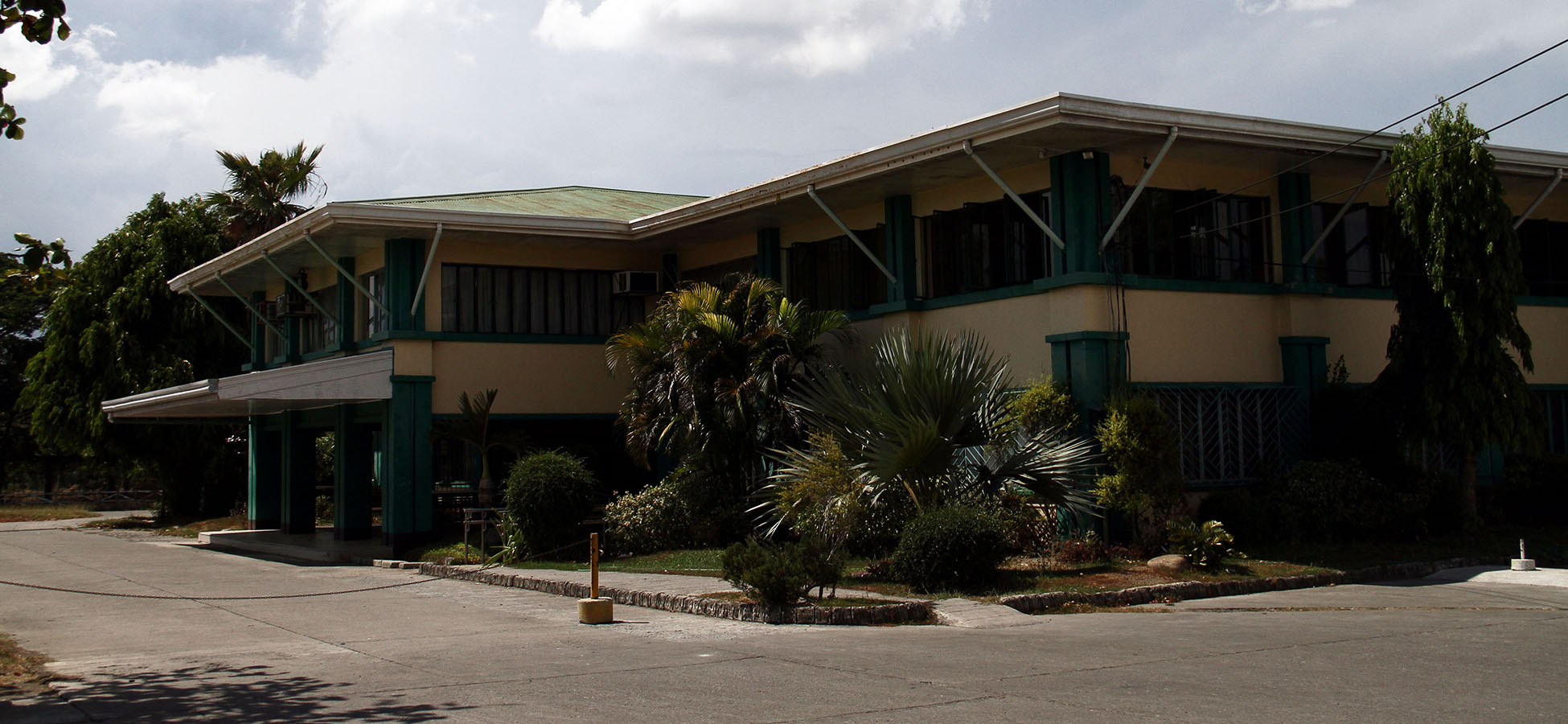Educational Goals
The PAREF Westbridge Goals of Education follows the 4 Core Goals of Education of the PAREF Educational System. These goals aim to mold students into:
A. Self-determined thinkers
The student will:
1. Reflect on human experience and events in the light of universal values.
2. Research, analyze and evaluate information from sound sources.
3. Synthesize and formulate with precision valid arguments in reaching conclusions.
4. Form judgments based on universal truths (truth, goodness and beauty) or on what is true information and develop intellectual humility to withhold judgments when the evidence and reasons are insufficient.
5. Discern the good and direct himself freely towards its fulfillment.
6. Make and own his decision after a well-thought plan of action but with capacity to change mind as it he receives additional data from others.
7. Identify, define and solve quantitative and qualitative problems creatively.
8. Acquire mastery of the core content, skills and values essential to the different learning disciplines.
B. Effective communicators (communication skills)
The student will:
1. Actively listen with objectivity and empathy; respond to communications by asking clarifying questions and by defining the terms.
2. Read a range of styles and genre, critically and analytically; Experience beauty through the work of the masters
3. Write clearly and confidently with substance and organization in various styles
4. Speak clearly and competently; engage in meaningful dialogue and be sensitive to feedbacks, to others’ feelings and level of knowledge and be a sympathetic listener to opposing views.
5. Competently use a range of technologies to inform and communicate.
C. Responsible citizens (civic virtues)
The student will:
1. Have a knowledge of and a respect for the dignity of the human person and the conviction that he/she can work with others in defending and uplifting it.
2. Engage themselves in activities, co- and extra-curricular, that involve helping the less privileged members of society, fostering compassion for others.
3. Use their knowledge and skills to analyze current issues, local and international, and come up with their personal action plan regarding the matter.
4. Show interest in the different fields of knowledge by keeping themselves up to date with the latest in science and technology, arts, the social sciences, math, local and foreign literature.
5. Foster the responsibility for and the care of his environment.
6. Appreciate, empathize, and understand a range of cultures and religions, having respect and consideration for other people guided by values of truth, honesty, fairness, equality, and integrity.
D. Life-long learners
The student will:
1. Recognize that his/her studies are an important contribution to society, and tries to work with possible human perfection.
2. See school and non-school activities (hidden curriculum) as opportunities for learning and personal growth.
3. Take responsibility for his/her own learning seen in their effectiveness to motivate, direct, monitor his/her learning and to manage and organize his/her study time, as well as participation in a range of learning opportunities.
4. Maintain & develop a sense of wonder, being open minded and intellectually curious which will lead him/her to become a lifelong learner.
5. Acquire a sportive spirit, which will make him/her flexible to various situations or environments and resilient in the face of failures and difficulties as well as learning from his mistakes.

